I was one of the instructors at the inaugural gathering of the Southern Vermont Writers’ Conference last week in Manchester, VT. I created a new workshop for the conference, called Creating Juicy Stories and Characters, and the terrific group of fifteen writers really dove in and made great strides. The second afternoon of the week—April Fools Day—I was invited to give a Craft Talk, which I turned into more of an Inspiration Talk. I share it below. [The first Craft Talk of the week was given by my dear pal
who led a workshop on crafting a personal essay.]DOUBT, COMMITMENT, ENDURANCE–on building a writing practice
By Chris Wells
THE FOOL
Seeing how it’s April 1st, I thought I’d begin with the idea of the Fool, that merry traveler, the one who decides to send us on crazy new adventures. The first card in the tarot deck.
From the opening stanza of Walt Whitman’s Song of the Open Road:
Afoot and light-hearted I take to the open road,
Healthy, free, the world before me,
Every trip I’ve ever taken I’ve felt unreasonably optimistic about where I was going and what would happen when I got there.
This is the energy of the Fool—stepping off on a grand journey, foot in the air, knapsack on their back, chin up, unaware that there’s nothing to step on when the foot lands and that they’ll tumble into the future with little to hold onto, little to orient themself.
This is also true of writing. I’m going to write! We think. We have a wonderful idea, we might even have made some notes. We rearrange our schedule to make time for writing, maybe we get invited to a retreat, or book some time off, then, we sit, maybe we’ve made a cup of herbal tea, perhaps we’ve even lit a scented candle. Finally, the time has come, we face the page–oh, my! What wonders await! We begin to write and the first words that emerge are a putrid mess, pure excrement, not the elegant beginnings of our imagined masterpiece, but the crude scratchings of an imbecile, a hack, a fraud.
The writer Ann Patchett wrote in her memoir, This Is the Story of a Happy Marriage:
“Forgiveness. The ability to forgive oneself. Stop here for a few breaths and think about this because it is the key to making art, and very possibly the key to finding any semblance of happiness in life. Every time I have set out to translate the book (or story, or hopelessly long essay) that exists in such brilliant detail on the big screen of my limbic system onto a piece of paper…I grieve for my own lack of talent and intelligence. Every. Single. Time. Were I smarter, more gifted, I could pin down a closer facsimile of the wonders I see. I believe, more than anything, that this grief of constantly having to face down our own inadequacies is what keeps people from being writers. Forgiveness, therefore, is key. I can’t write the book I want to write, but I can and will write the book I am capable of writing. Again and again throughout the course of my life I will forgive myself.”
I encourage all writers to get comfortable with the practice of self-forgiveness. And hopefully when those moments of sneaking suspicion that this was all just some stupid idea and who do you think you are and why don’t you just go back to whatever you were doing that doesn’t make your heart sing–hopefully you’ll catch yourself and like a good meditation practitioner able to say quietly and patiently, when their thoughts stray, ‘thinking’ you’ll be able to say, right. Doubting. And you’ll be able to access some kindness or self compassion within you, and you’ll be able to forgive yourself and proceed with your not-so-elegant words. You will remember that the only way to be a good writer is to be willing to be a bad writer first.
DOUBT
The next level in relating to doubt would be to understand that it is necessary, it’s not separate from your writing, but part of it, it’s what’s fueling your desire to create, because if you didn’t doubt the ordinary world you live in, if you didn’t think, wait, there’s got to be something more, right? I’m here to do something more than just this, right? you wouldn’t be a writer in the first place. The doubt that causes you to question and fuels new endeavors is the same doubt that kicks in when you begin to write. The trick is to befriend it, to know it, and to not punish yourself for having it.
The other cool thing about doubt is that it’s part of what makes our work great, drives us to be tireless in your revisions, to keep asking, is this what I meant to say, is that how the place looked? Am I capturing it? And doubt, if cultivated, can also be the thing that makes us want to continue once we’ve finished with a project–wait, there’s another book I want to write, there’s more I want to say.
THE TRICKSTER
The other day I said to one of my writers, “writing has trickster energy.” In some ways the writer is a trickster–hanging out at the edges of things, in the in between, watching the action, the behavior of others, stealing ideas and snatches of dialog overheard from the table next to them at a cafe. In other ways, the writer is the one being tricked.
At its core, the trickster archetype embodies the characteristics of mischief, chaos, and unpredictability. It is this character who distracts, that causes us to see things not as they are. The trickster disrupts, causes doubt. A great response to the behavior of the trickster is to capture them and put them in your work. The trickster is a marvelous character, they trick both the other characters as well as the reader. They challenge conventions, disrupt order, and often serve as a catalyst for change within the story’s world.
By the way, if you’ve never read Lewis Hyde’s book, Trickster Makes this World, I highly recommend it.
WHAT DO WE HAVE?
Yesterday in class, one of the participants, Lynne, said about her writing that she had nothing. Meaning, she was starting with nothing, and how could she move forward?
But this is the truth about all writers. We have nothing. The photographer has their camera, the dancer their body, the painter their various materials, the sculptor has stone and so on –all the writer has is their device or their pen and paper and the great wide expanding and increasingly dark universe. This is the thrill and the terror of being a writer. When people talk about facing the blank page what they’re really referring to is a portal onto infinity, with no guardrails and nothing to hold onto. Nothing but our imaginations and courage, and the desire to make something wonderful.
I often will refer to that rough draft writing as making clay–the writer has to generate the material from which they’re going to write the book. And making clay is filled with uncertainty.
The writer is both Fool and God–destroying and creating at the same time. Every decision we make–to keep that character or cut her, to change the pov from first person to third, from past to present tense–each choice is a denial of all the other choices we’re not making. So writing has stakes–we might ruin the thing we’re making!--and it also has grief. I’m thinking again of Ann Patchett’s advice to forgive oneself.
The sidelines, the boundaries between realities, those cloudy liminal spaces–the places where writers live– are all places of doubt, of unsurety, of question. And when you come to the crossroads, which way do you go? And once you commit to a path, how can you help but second guess your choice. You might turn back, again and again, but the best way to proceed is to forge ahead.
As Winston Churchill once said, “When you’re going through hell, keep going.”
Doubt is the throughline of all art making, and of all spiritual practice. Doubt reminds us that we’re human, and leads to wisdom.
Whenever you start to think, who cares what I have to say, why bother, who do I think I am, think of yourself as being of service. To share your story is a service to the world, to create characters and then give them challenges to face is of service, to put your characters in danger is a service to other humans.
I love what Sari said yesterday about details being less important than the phenomenon being shared. Your phenomenon is a service to someone else. By sharing stories, we are made more human, and we humanize the world. We remind ourselves of who we are, what we’ve been through and how we survived.
RISK!
Sometimes when we approach our writing, we’re so wanting to do it right, to make a great thing that we get tight, we clench and control. This is especially true if you’re not someone who has a lot of writing time. We can become conditional with our writing.
But what we want is for the muses to appear, right? We want play and adventure. We want that feeling we had as kids when we could lose ourselves in our coloring books for hours. For many of us, we eventually broke free of the coloring books and their restrictive lines and began to color everywhere, on the walls, chalk on sidewalks. What we want when we create is magic, we want wildness, to be transported – and so something else is required, other than that clenching and control, that tight feeling of no, I don’t want to hear it when an upsetting notion or a problematizing idea comes to you, and that’s risk.
There is no art without risk.
Do the daring thing, cut off the last half of your story, change some central component of the work and see what happens. Change the gender of the protagonist, or give them no gender. Take risks with your work.
As Elaine May said, “the only safe thing is to take a chance.”
There’s something my editor Jenny says to me that I used to hate. We’d be discussing an aspect of my manuscript and I’d have questions about how to proceed, maybe she said something still wasn’t working and I’d say, yeah, with a big sigh at the terrible danger of it, I was thinking of trying it another way. And the other way would be something major like make the POV first person rather than third person, or changing something fundamental, which I just couldn’t imagine taking on, it would be too big, too disruptive, and she'd say, “Try it.”
I would think, you’ve got to be fucking kidding me. I would rather have died a martyr to my flawed draft than take that risk. But over time I learned to do it, to break things, to move things around, to question the way I thought it was supposed to go.
And now I often will say to a writer I’m working with, “Try it.” And I know it pisses them off, and I really hope they’ll take the risk.
UPROOTING
Those of you who know me or have heard me speak here the other night know that my husband and I put all of our stuff in storage in Woodstock, NY two and a half years ago, and we drove cross country to help move my mom out of her home of fifty four years. I figured this would take us three to four months, six months tops. Then two days after we got my mom moved out the ceiling in her house fell in, the ceiling in what had been her bedroom, over what had been her bed.
[You can read my essay about this chapter at my mom’s house called Catching the Cat in Oldster magazine.]
And then my husband and I and our little dog lived in that house where I grew up. The place I spent so much time and energy trying to escape. Not a cage per se but a place that at times felt very much like a trap. And a place I did not wish to return to. I left that place and went into the world and built myself a big beautiful art life, right?
The saying You Can’t Go Home Again came to me a lot. But then I’d think, oh yes you can, you just go to the place that used to be your home and walk in. Of course what it really means is that you no longer belong there. And the place you remember will be gone. But what I found when I moved into the house where I grew up was that you might be lucky to make it back home, because there’s a special kind of repairing that can take place when you go home.
But nearly every afternoon, the thoughts would begin to creep in:
What am I doing? Where am I going? Is everything falling apart? Or is everything falling together? Is this the ending? Or the beginning?
And the thing that anchored me during that time was my writing practice. I finished a novel during those two and a half years and got a lit agent with that novel and it’s now out on submission.
WRITE A DIFFERENT STORY
A lot of people don’t let themselves write because they don’t know what they want to say, but writing is a great way to learn what you want to say, or what you have to say.
Years ago, when I was newly arrived in New York City I had a wonderful counselor at the Actors’ Center say to me, “Oh, you’re an external processor.” How exciting! Then I thought, wait what’s an external processor? It’s when you figure out what you think or feel by speaking. Rather than having it all figured out, you (we) learn by saying it.
Writing is like that—one learns by writing, what’s important, what you want to say. What you think or feel, in that way, it’s a great tool for approaching the times of not knowing, the moments in life when you may not have answers.
I used to teach playwrighting to at-risk kids. One of the goals of that work was giving those kids, whose lives were hemmed in by a variety of factors—poverty, racism, domestic violence, what have you—giving these kids a way of writing a different story for themselves, creating a different script, changing the lines they might say or the words of the characters that appeared in their stories.
THE KNOW IT ALL
One of my less attractive personality traits is being a know it all. I always want to jump in with the answer, to be the guy who knows things.
“Oh sure,” I’ll say, “that’s because when the Erie Canal was finally finished, Rochester was one of the highest income per capita cities in the state of New York.”
This from knowing nothing about Rochester or the history of the Erie Canal.
The impulse to know everything is, like so many things, a threat response. The world can be a scary place, for those of us who feel exposed or vulnerable just walking around, we need to name and understand as much as possible, as quickly as possible. Like a bank heist–identify the surveillance cameras, the exit routes right away so you can get out quickly.
And so, learning to live with uncertainty–to allow for change, or the unlikely – to live with doubt, has been a crucial part of my own development. And to remember that the success of the writer depends on coming back. Over and over again. Never giving up.
Hundreds of people have come to work with me, to study, to learn, to write–the thing that determines their success isn’t their talent, it’s their commitment.
TRAIN YOURSELF TO WRITE
I mentioned the other night that I began to write in earnest when I started The Secret City. I wrote a first person essay for our monthly live events. These were personal stories drawn from life–when I first began writing them, they took me the entire month between events. I was learning how to write, and it was intense and time consuming but slowly I began to know how to do it. I would give myself a theme and this oriented my thinking. One of the things that really sets people back is that trying to make sure they have the right idea–pick something.
I taught myself to write by writing those stories. Then when the pandemic came, I began writing a one thousand word essay every morning and sharing it live online at 12 noon as part of The Secret City Daily, a show we started when the shutdown happened, and our community gathered online. When I had the idea for my first novel, I was ready, it was as if all of that writing had been me training for the Olympics. I could feel myself galloping, that wonderful feeling when you’re writing and it takes off, and your job is to just hold and let it lead you.
The greatest antidote to self doubt is to write more. It’s not the most exciting response to the question of how to write, to be a better writer, but the truth is that writing problems are solved by writing. Yes, it’s great to get good guidance, it’s wonderful to have a keen insight from an editor, or an inspirational teacher, but the real growth comes from hours spent in the chair, writing. As someone once said, “you teach yourself to write.”
COMMUNITY
Writing is a solitary act but you don’t have to do it alone. Find your people.
It’s wonderful that you’re all here this week, dedicating yourselves to your writing. It will pay off in ways you can’t even know right now.
Take a class, sign up for an accountability group, make a writing buddy. Join a writers group. And then sit. Sit and work. Write badly so that you can eventually write well.
Be a fool for your writing, trick yourself and others, make a friend of doubt. Remember to be of service to others. Take risks, make a mess, use archaic words and unlikely verbs, play with your writing, try it one way, then try it another way. Create weird and complicated characters who have ticks and foibles and strange hair and unlikely speech patterns. Then question your characters and record what they say. Forgive yourself for not getting it exactly right.
Most importantly, remember the sacred calling of the storyteller. Be the one who records what happened, who captures the stories about our species and the way we live. Pay attention and capture it all. Be in it for the long haul.







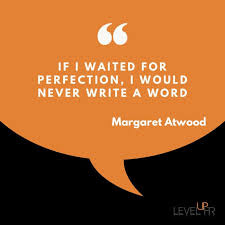
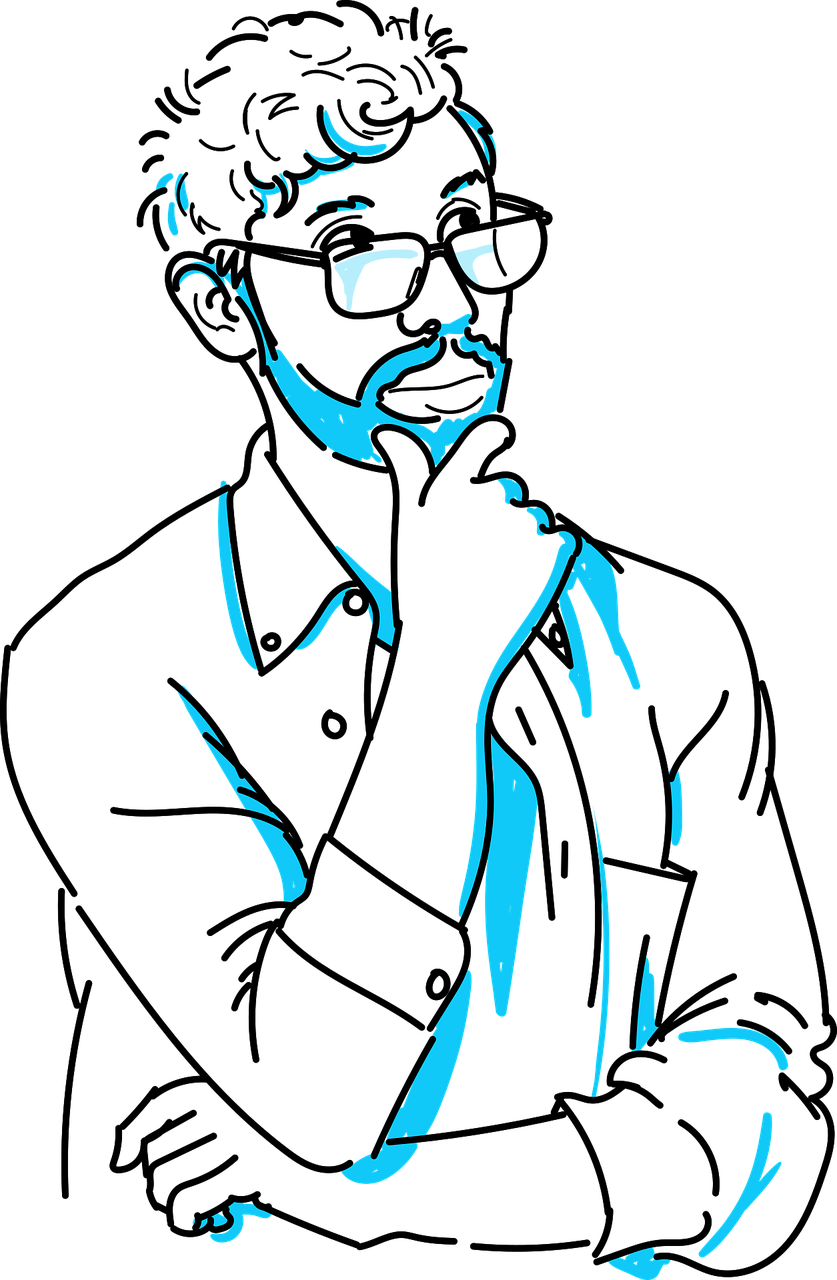
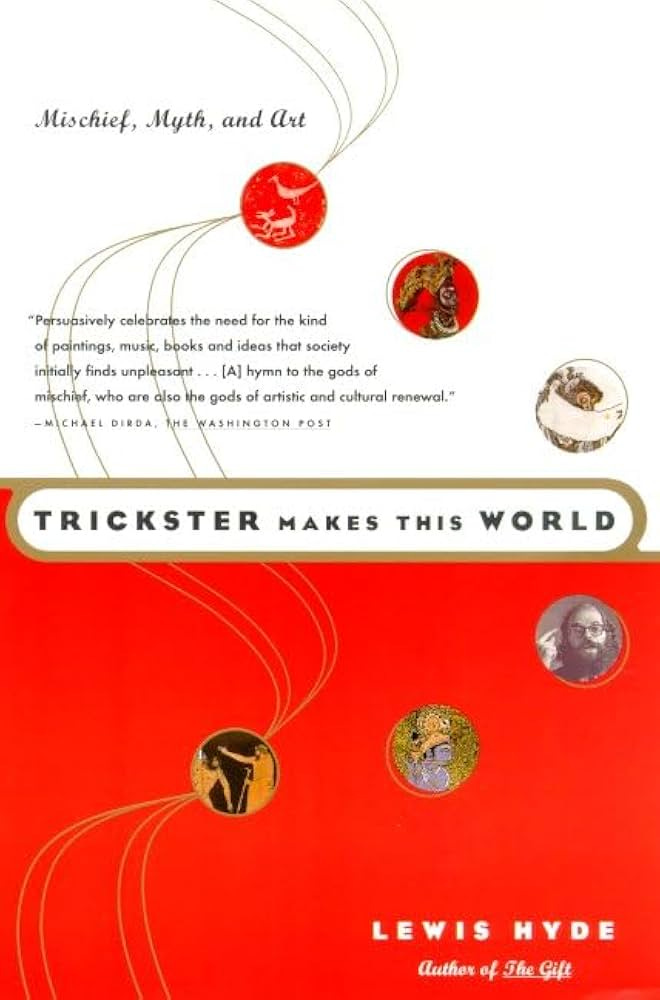
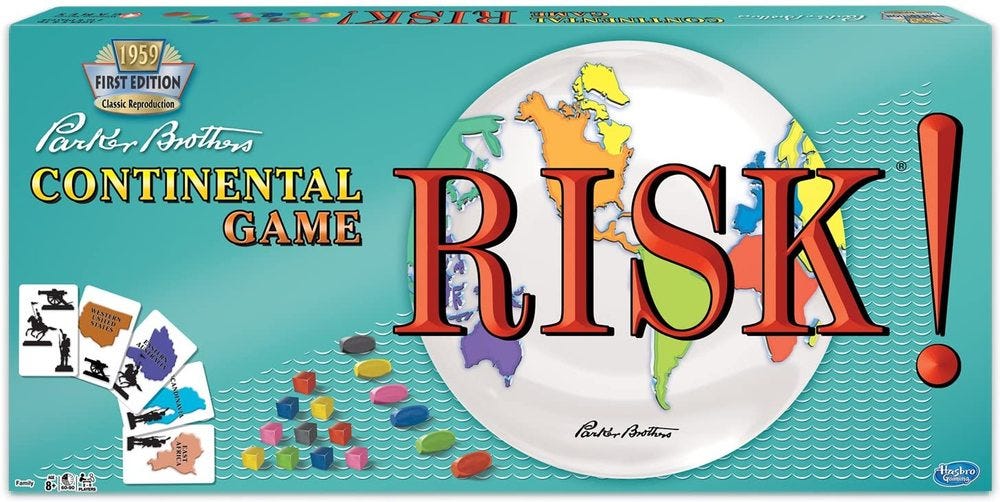
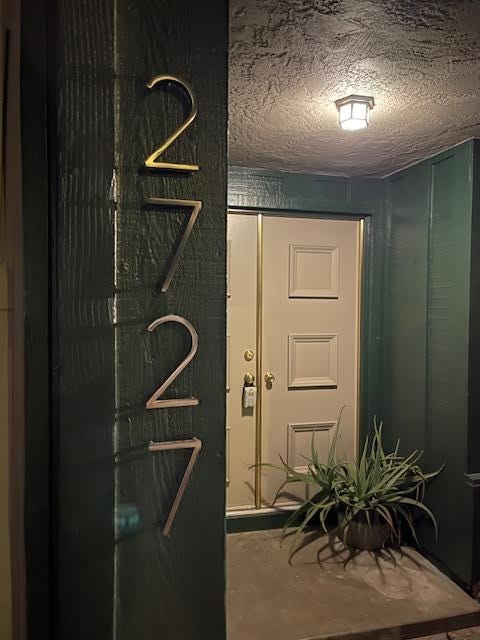
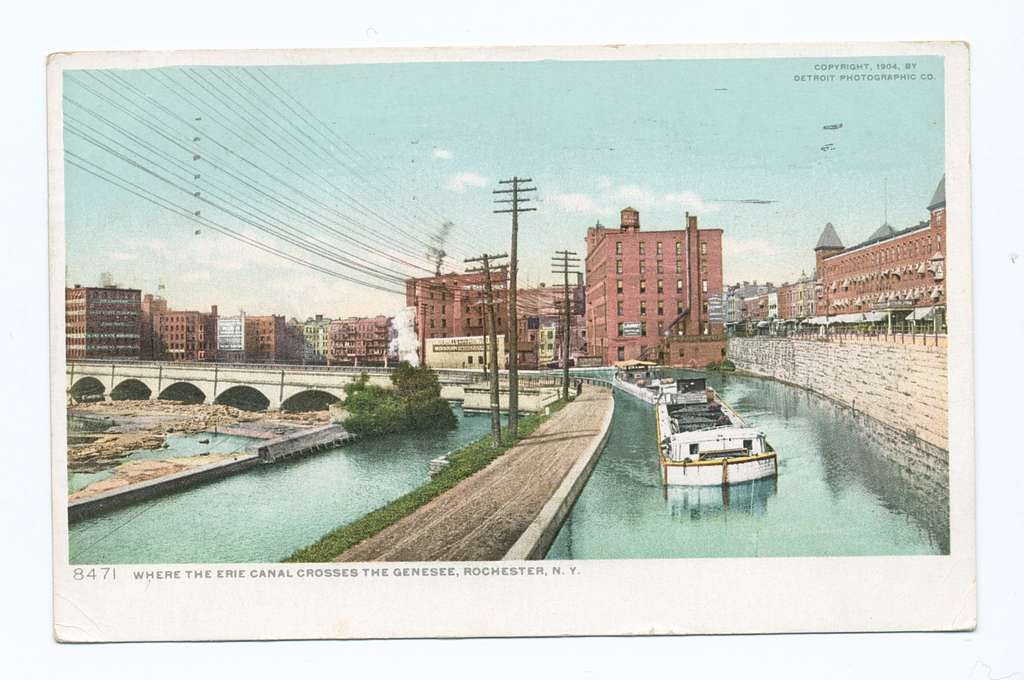

I LOVED this piece. There is so much richness I will return to digest it again, but in the short term I’m wondering if you would share or let me quote what you wrote about Doubt with our meditation group, as it’s one of the classic Hindrances to practice… let me know your thoughts! 🙏🏼
Excited you’ve completed a novel!!